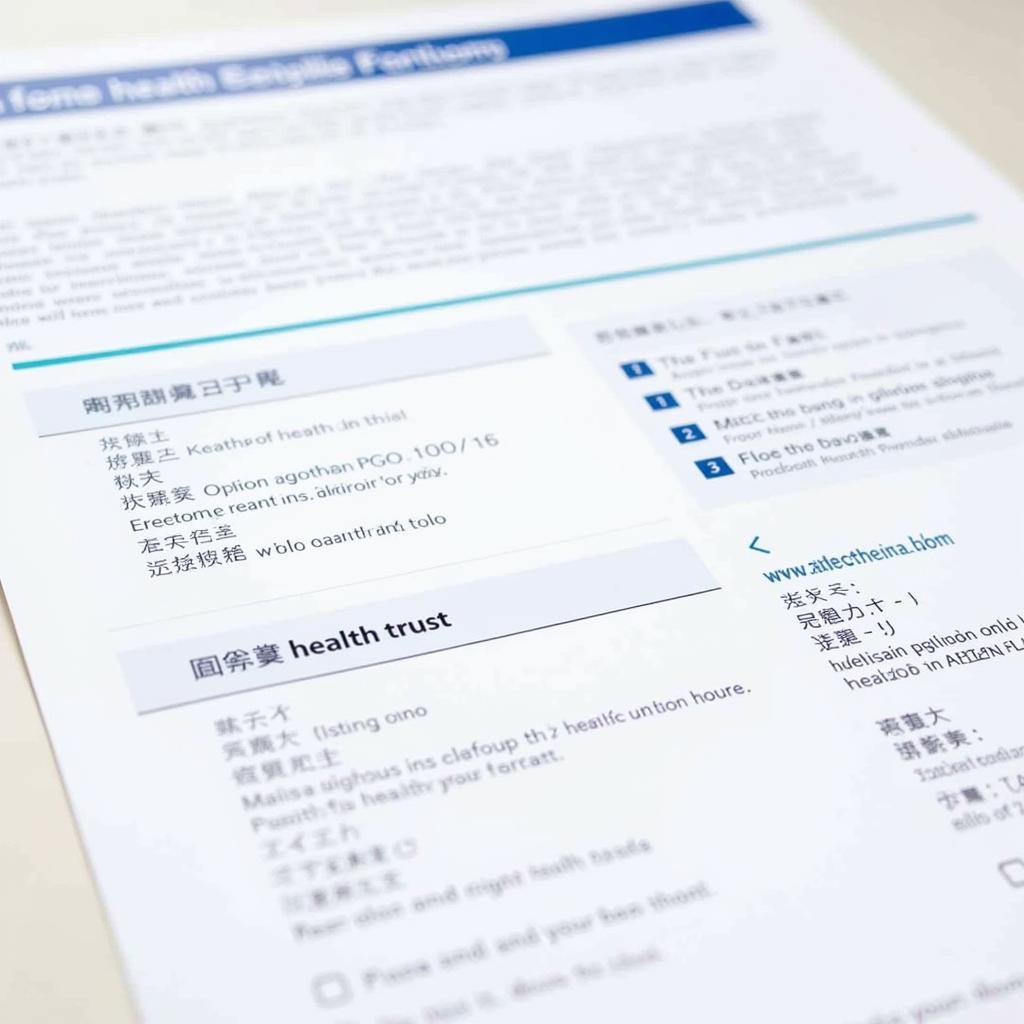Asean Atiga, formally the ASEAN Trade in Goods Agreement, is a crucial pillar of the ASEAN Economic Community (AEC). It aims to promote regional economic integration by reducing or eliminating tariffs on goods traded within the ASEAN member states. This agreement plays a vital role in boosting trade, attracting foreign investment, and fostering economic growth within Southeast Asia.
What is the Significance of ASEAN ATIGA?
ASEAN ATIGA is more than just a trade agreement; it represents a commitment to shared prosperity and regional cooperation. By lowering trade barriers, ATIGA facilitates the free flow of goods, creating a larger market for businesses and offering consumers a wider variety of products at competitive prices. This enhanced trade environment stimulates economic activity, creating jobs and contributing to the overall development of the ASEAN region. asean atiga là gì This agreement also encourages greater specialization and efficiency among ASEAN member states, as each country can focus on producing goods and services where they have a comparative advantage.
How does ASEAN ATIGA work?
The core principle of ASEAN ATIGA is the Common Effective Preferential Tariff (CEPT) scheme. This scheme aims to reduce tariffs on most traded goods to 0-5%. The implementation of the CEPT scheme has been progressive, with different timelines for different product categories. While the vast majority of goods are now covered by the CEPT scheme, some sensitive agricultural products and certain industrial goods still face higher tariffs. Understanding the specific tariff rates applicable to different products is essential for businesses engaged in intra-ASEAN trade.
Key Features and Benefits of ASEAN ATIGA
- Reduced Tariffs: The most significant benefit of ASEAN ATIGA is the substantial reduction in tariffs. This makes ASEAN goods more competitive both within the region and in the global market.
- Increased Trade: Lower tariffs directly lead to increased trade volumes among ASEAN member states. This boosts economic growth and creates new opportunities for businesses.
- Foreign Investment Attraction: A more open and integrated market makes the ASEAN region more attractive to foreign investors. This influx of investment further contributes to economic development.
- Enhanced Competitiveness: By fostering a competitive environment within ASEAN, ATIGA encourages businesses to improve efficiency and innovation.
What are the challenges of ASEAN ATIGA?
Despite its numerous benefits, ASEAN ATIGA also faces some challenges. Non-tariff barriers, such as technical regulations and sanitary and phytosanitary measures, can still hinder trade. Addressing these non-tariff barriers is crucial for maximizing the benefits of the agreement. Furthermore, ensuring effective implementation and monitoring of the agreement is essential for its long-term success. asean atiga form d Additionally, differences in economic development levels among ASEAN member states can pose challenges to equitable distribution of benefits.
“ASEAN ATIGA is a cornerstone of regional economic integration,” says Dr. Amelia Tan, a leading economist specializing in Southeast Asian trade. “It has been instrumental in fostering economic growth and enhancing the region’s global competitiveness.”
Conclusion
ASEAN ATIGA has significantly impacted the economic landscape of Southeast Asia. By reducing tariffs and promoting regional trade, it has contributed to economic growth, job creation, and increased investment. While challenges remain, ASEAN ATIGA continues to be a vital instrument for achieving the goals of the ASEAN Economic Community and fostering shared prosperity within the region. asean atiga country Understanding the nuances of this agreement is essential for businesses and policymakers seeking to maximize its benefits.
“The future success of ASEAN ATIGA hinges on continued commitment to regional cooperation and addressing the remaining challenges,” adds Dr. Tan. “Strengthening regional value chains and promoting greater inclusivity will be key to unlocking the full potential of this important agreement.”
When you need support, please contact Phone Number: 0369020373, Email: [email protected] Or visit the address: Ngoc Lien Village, Hiep Hoa, Bac Giang, Vietnam. We have a 24/7 customer service team.
